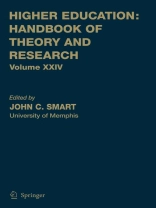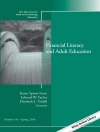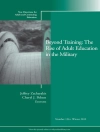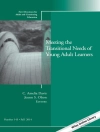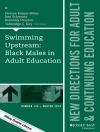Published annually since 1985, the Handbook series provides a compendium of thorough and integrative literature reviews on a diverse array of topics of interest to the higher education scholarly and policy communities. Each chapter provides a comprehensive review of research findings on a selected topic, critiques the research literature in terms of its conceptual and methodological rigor, and sets forth an agenda for future research intended to advance knowledge on the chosen topic. The Handbook focuses on twelve general areas that encompass the salient dimensions of scholarly and policy inquiries undertaken in the international higher education community. The series is fortunate to have attracted annual contributions from distinguished scholars throughout the world.
Table of Content
Why Financial Aid Matters (or Does Not) for College Success: Toward a New Interdisciplinary Perspective.- The Use of Matching Methods in Higher Education Research: Answering Whether Attendance at a 2-Year Institution Results in Differences in Educational Attainment.- Othering Research, Researching the Other: De/Colonizing Approaches to Qualitative Inquiry.- The Cultural Capital of Cultural and Social Capital: An Economy of Translations.- The Rise and Fall of Need-Based Grants: A Critical Review of Presidential Discourses on Higher Education, 1964–1984.- A Review of Attributional Retraining Treatments: Fostering Engagement and Persistence in Vulnerable College Students.- Globalization, Social Movements, and the American University: Implications for Research and Practice.- Hispanics and Higher Education: An Overview of Research, Theory, and Practice.- Turning from Time to Space: Conceptualizing Faculty Work.- Student Aid and Its Role in Encouraging Persistence.- Enter the Dragon? China’s Higher Education Returns to the World Community: The Case of the Peking University Personnel Reforms.
